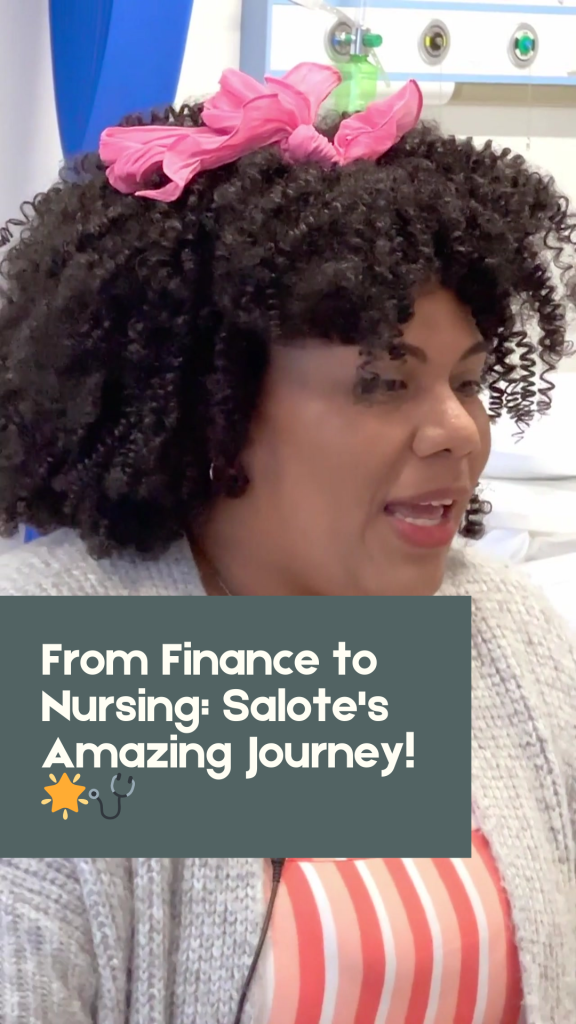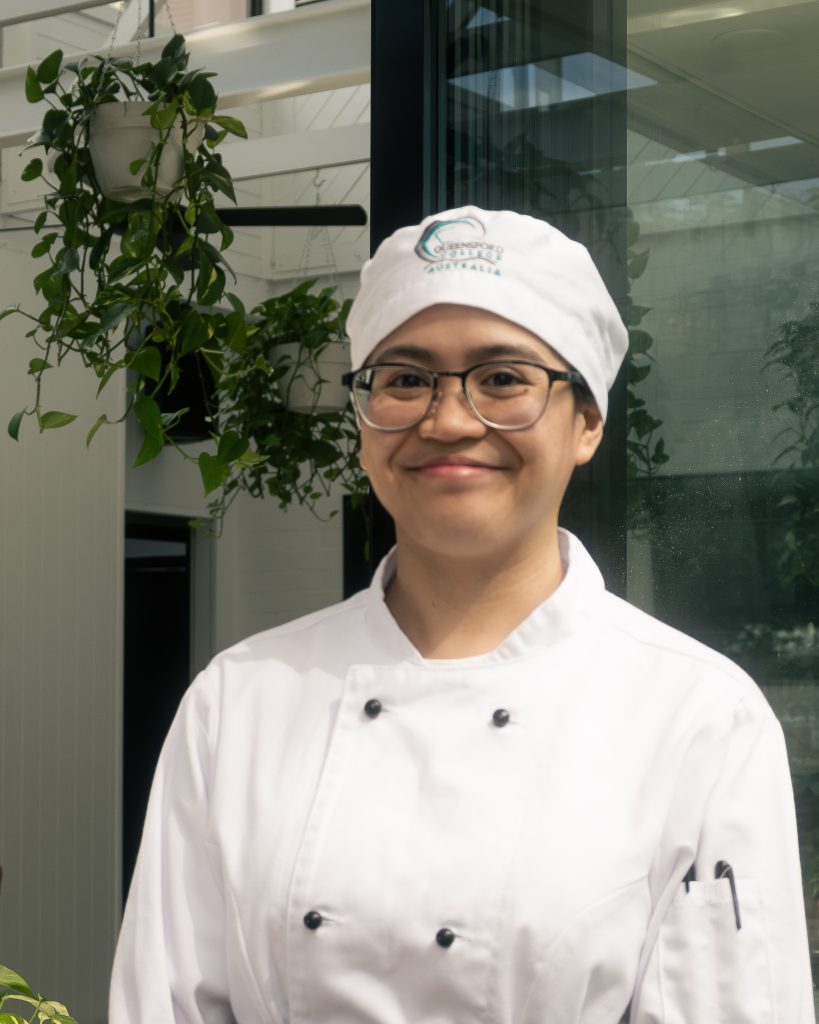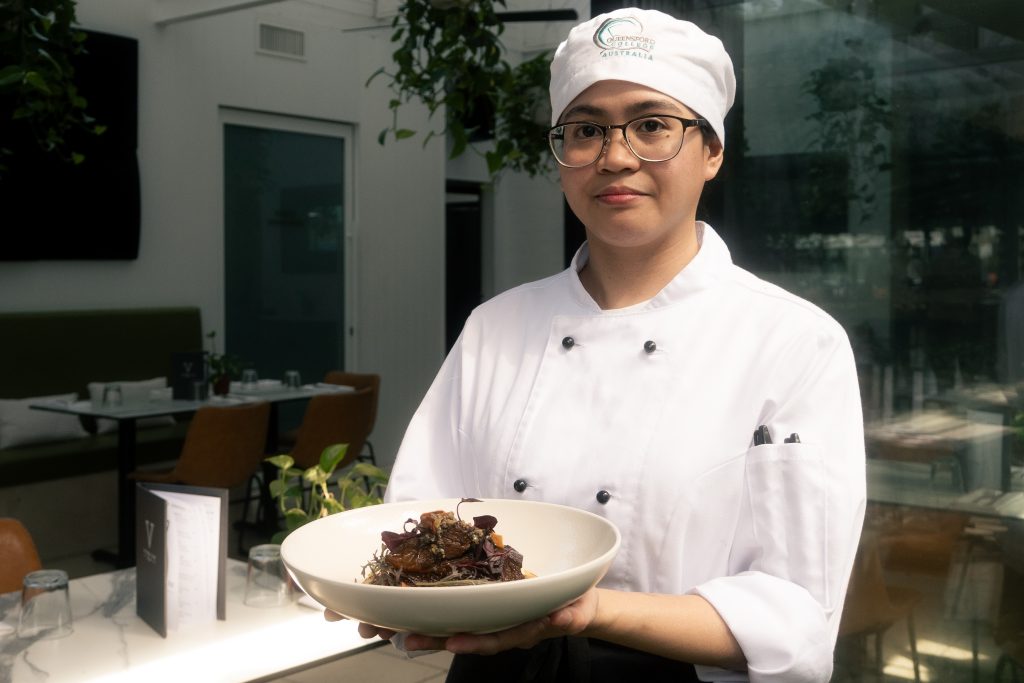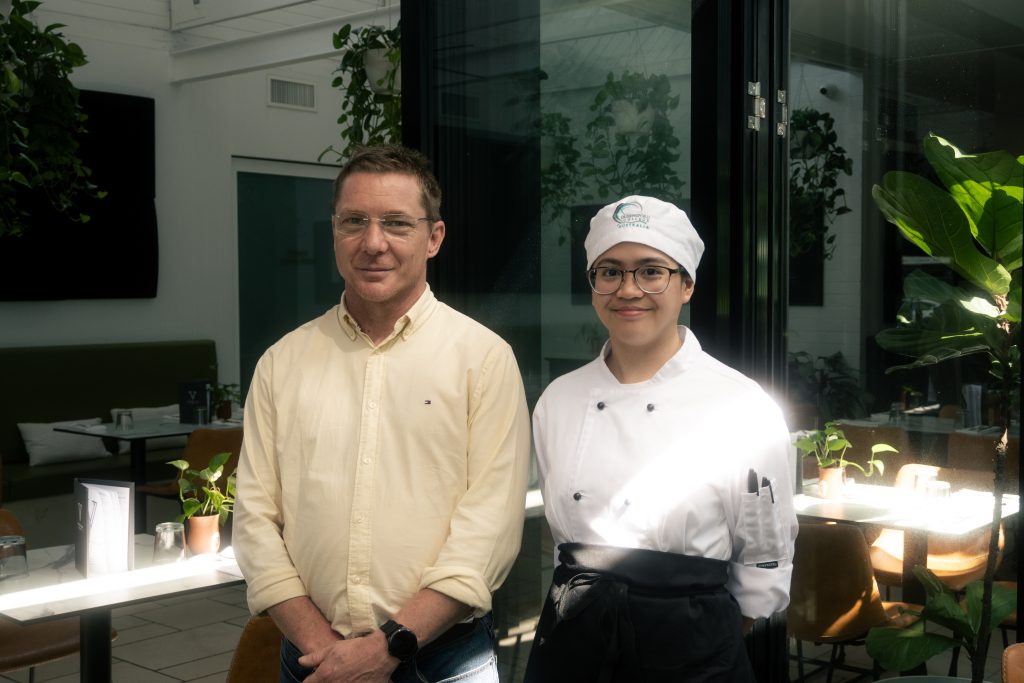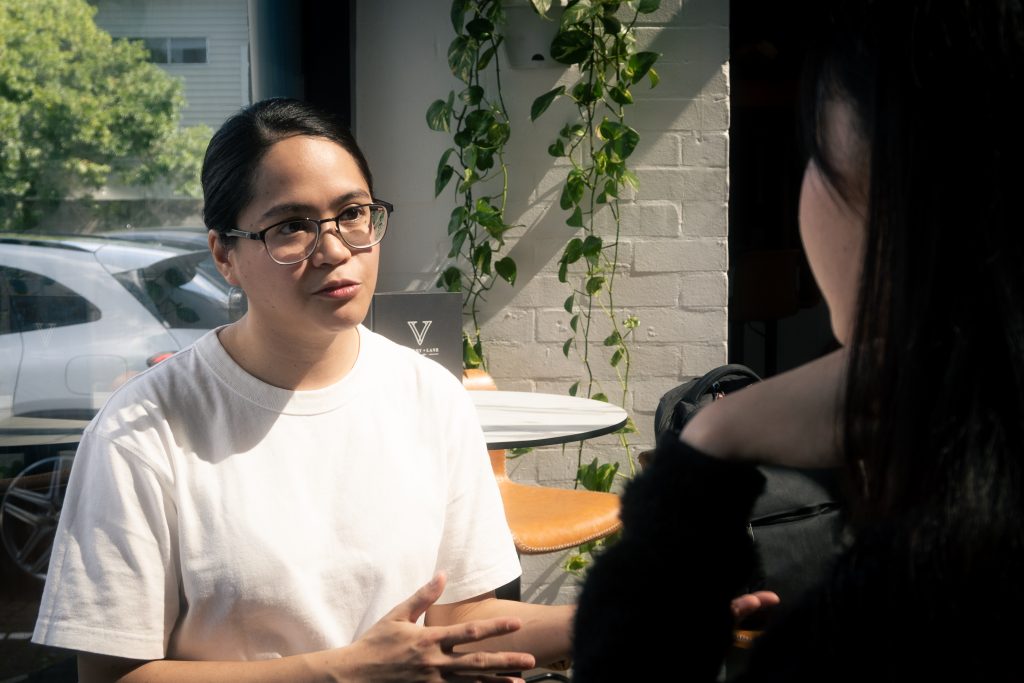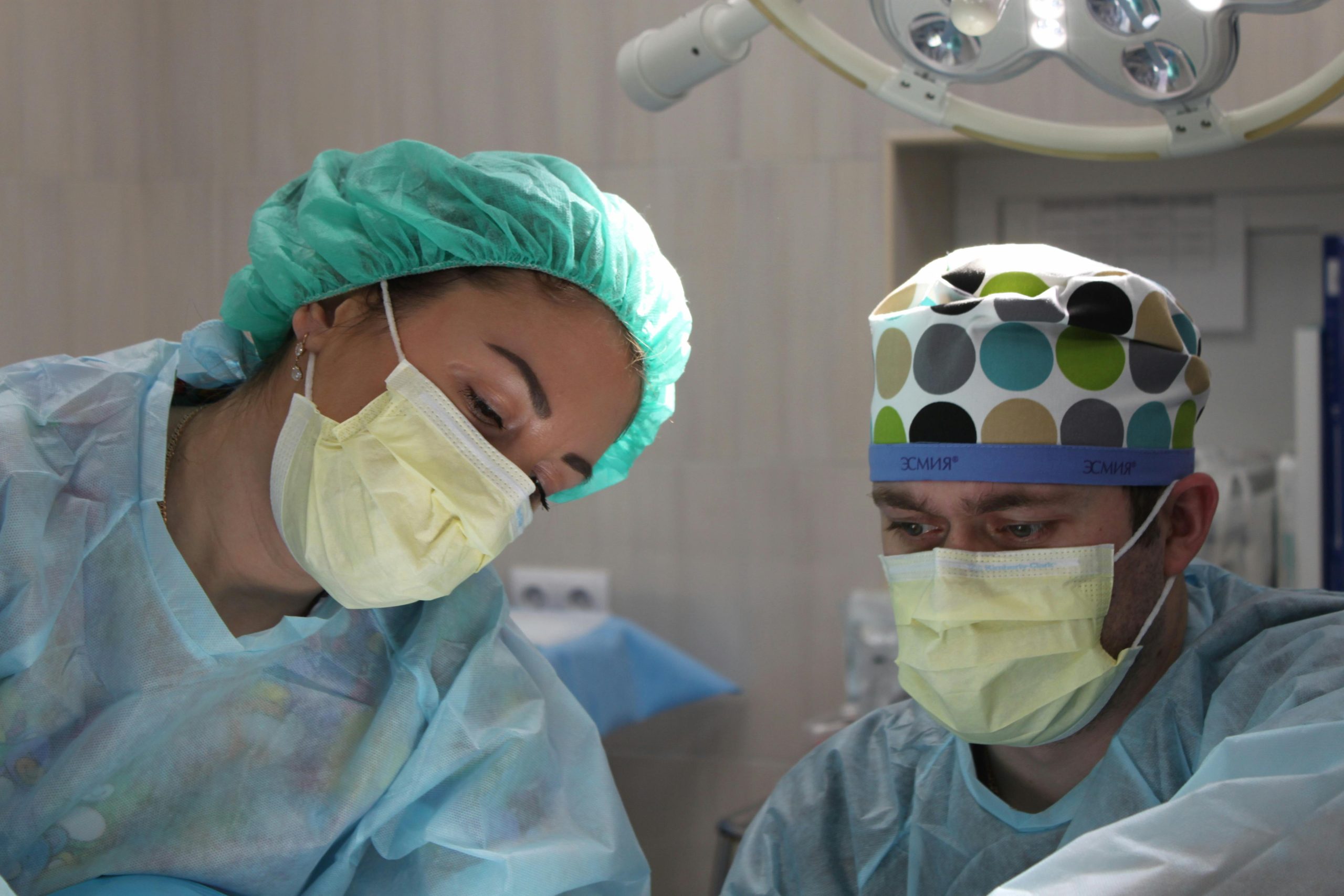
Australia is known for its popular cooking series, MasterChef, making it a top destination for students from around the world interested in studying hospitality courses.
If you’re passionate about cooking and want to advance your career in the kitchen, the SIT40521 Certificate IV in Kitchen Management (CRICOS Course Code: 109682H) is a top choice for international students. This course is designed to give you the skills and knowledge needed to manage a busy kitchen successfully. In this blog, we’ll explore many benefits of earning this certification and how it can help you thrive in the competitive world of hospitality.
Skills you’ll learn in the SIT40521 Certificate IV in Kitchen Management course
The SIT40521 Certificate IV in Kitchen Management is perfect for those aspiring to become senior chefs in professional kitchens. This program is highly regarded among international students and covers essential areas such as:
- Handling workplace conflicts
- Managing finances
- Preparing a variety of dishes, from vegan to seafood
- Designing and planning menus
- Ensuring food safety and proper handling
- Assessing hazards
- Managing stock storage and maintenance
- Basic first aid
Let’s dive into each of these skills and how they can elevate your cooking career.
Handling conflicts
In the hospitality industry, satisfying customer is a top priority, which can sometimes lead to conflicts among team members or with clients. Our Certificate IV in Kitchen Management teaches you how to manage and resolve these conflicts effectively.
Managing finances
Financial management is an essential part of the Kitchen Management course. As the senior chef, you are required to control the costs and use the allocated budgets wisely.
Preparing a variety of dishes
The course covers you how to prepare a wide range of dishes, including vegan or vegetarian options, cheese-based dishes, baked goods like bread, cakes and pastries, and dishes to meet specific dietary needs, as well as meat and seafood.
Ensuring food safety
Food safety and hygiene are essential for preventing foodborne illnesses. The course teaches proper food handling to ensure that the food served is safe, free from harmful pathogens, and maintains the business’s positive reputation.
Assessing hazards
Understanding and managing risks related to food ingredients, such as food fraud, supply chain issues, allergens and biological hazards, is critical for maintaining food safety standards.
Managing stock
Efficiently stock management is key to running a smooth kitchen operation. Proper storage and maintenance of stock help prevent waste and keep the kitchen running efficiently.
Basic first aid
First aid skills are important in the kitchen where accidents like burns, cuts, or contamination can occur. Knowing how to handle emergencies ensures the safety of both staff and customers.
Advance your hospitality career with Queensford College
Career opportunities after completing SIT40521 Certificate IV in Kitchen Management
Upon completing the SIT40521 Certificate IV in Kitchen Management, you’ll be ready to work in various commercial kitchens, including bistros, hospitals, cafes, hotels and restaurants. Additionally, this course not only provides you with the practical skills but also offers opportunities to network with industry professionals in the food industry, enhancing your career prospects.
Here are some job opportunities you can pursue:
- Chef de partie — Oversees a specific station in the kitchen, managing a team of assistants and cooks in larger kitchens
- Chef – A professionally trained culinary expert who typically leads the kitchen as the head chef
- Sous chef – Second in command in the kitchen, responsible for kitchen operations when the head chef is absent.
Summing up!
The SIT40521 Certificate IV in Kitchen Management is a valuable qualification that prepares you for supervisory roles in commercial kitchens and can even set you up to start your own hospitality business. At Queensford College, our course equips you with essential skills and guides you towards success as a professional chef.
Ready to take the next step in your culinary career? Enrol in the SIT40521 Certificate IV in Kitchen Management today and experience all the benefits it has to offer.
Contact us for more information!
—
Course mentioned: SIT40521 Certificate IV in Kitchen Management (CRICOS Course Code: 109682H)

